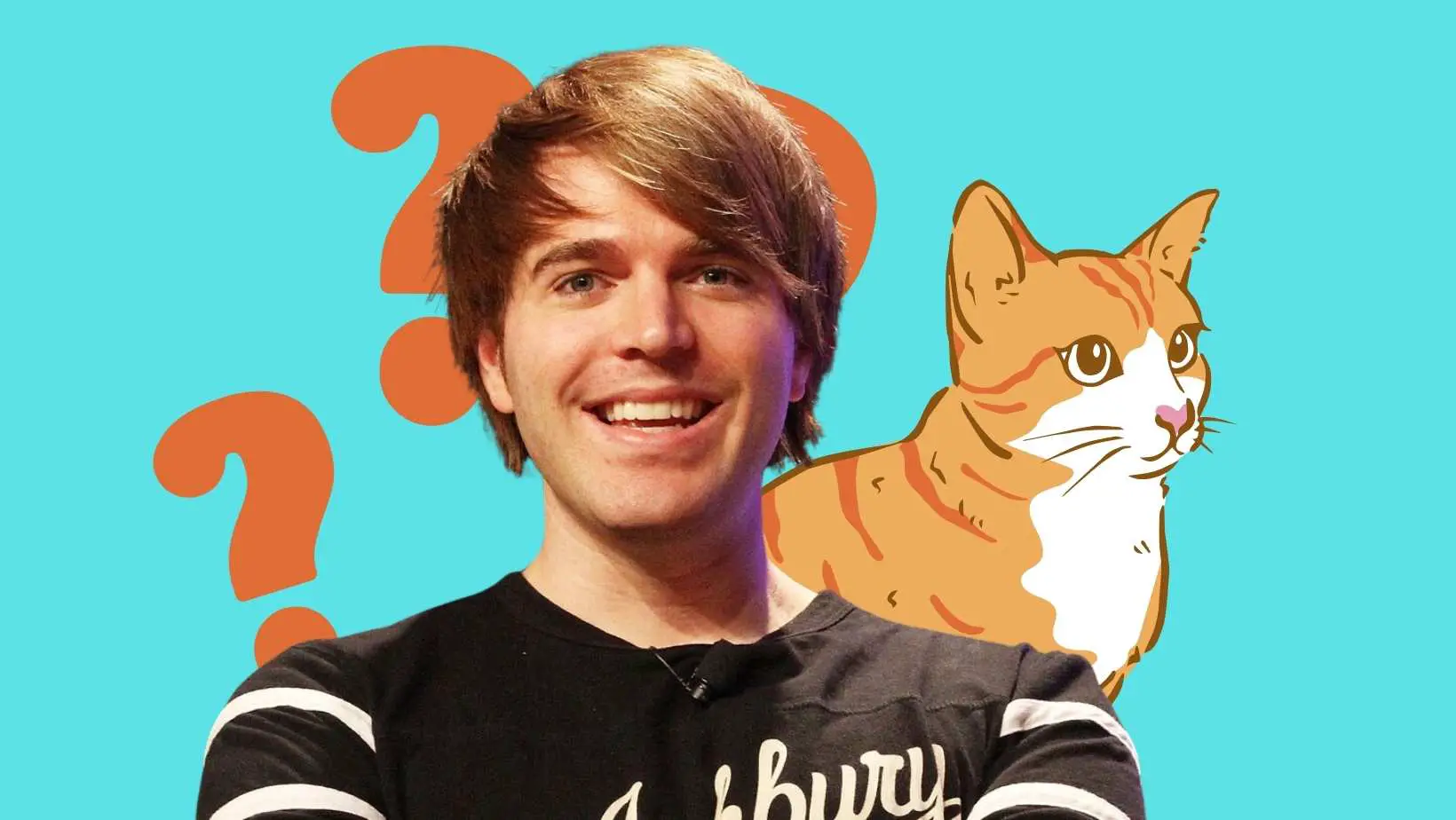Is it possible to reclaim a reputation shattered by the unforgiving gaze of the internet? Shane Dawson, a name once synonymous with YouTube success, now navigates the complex terrain of a comeback, facing the echoes of past controversies that threatened to silence him forever.
The digital landscape, a place where fleeting fame can be both created and destroyed, has seen its share of meteoric rises and equally dramatic falls. Shane Dawson, a pioneer of the YouTube platform, experienced both firsthand. His journey, marked by innovation, humor, and a raw vulnerability that resonated with millions, took a turn in 2020 when the internet, often described as a fickle judge, delivered a harsh verdict. Old videos, deemed offensive and insensitive by contemporary standards, resurfaced, leading to a public reckoning and the subsequent "cancellation" that forced him to retreat from the platform that had made him a star. Now, after a period of self-imposed exile, he's testing the waters, hinting at a return, inviting speculation and scrutiny in equal measure.
| Category | Details |
|---|---|
| Full Name | Shane Lee Yaw |
| Born | July 19, 1988 |
| Known Online As | Shane Dawson |
| Profession | YouTuber, Actor, Filmmaker, Writer, Musician |
| YouTube Career Start | 2008 |
| Notable Achievement | One of the first YouTubers to achieve widespread fame, garnering over 500 million views in the first two years of his career. |
| Controversies | Past videos featuring racist jokes and the sexualization of minors. Involvement in controversies with other public figures. |
| Recent Activity | Hinting at a return to YouTube after a period of absence. |
| Partnered With | Jeffree Star |
| Product | Eyeshadow Palette, titled "Controversy" |
| Reference | Wikipedia - Shane Dawson |
The announcement of a potential return, a move as carefully calculated as it is risky, highlights the ever-evolving nature of internet fame. For Dawson, the stakes are particularly high. His career trajectory, which began in the early 2000s, mirrors the evolution of YouTube itself. He was one of the first to understand the platform's potential, crafting a unique brand of comedy that blended satire, character work, and a willingness to share his personal life. He wasnt just a content creator; he was a storyteller, a performer, and, for many, a friend.
His early videos, often characterized by their low-fi production and raw energy, quickly gained a following. He was a master of impressions, a skilled parodist, and a pioneer in the art of "confessional" vlogging, where he shared intimate details of his life with an audience that grew to depend on him. The appeal was multifaceted. There was the humor, of course, but there was also a sense of connection, a feeling that his viewers were privy to something authentic, something real. His success, reflected in the hundreds of millions of views he garnered, positioned him as a central figure in the nascent YouTube ecosystem. The numbers spoke for themselves; his influence was undeniable.
However, the very qualities that propelled him to stardom his willingness to push boundaries, his sometimes-provocative humor became his undoing. The unearthed videos, brought to light by the unforgiving lens of social media, presented a different narrative. Racist jokes, the sexualization of minors, and a perceived lack of sensitivity were cited as reasons for the internet's sudden condemnation. The consequences were swift and severe. YouTube demonetized his videos, effectively cutting off a major source of income, and public sentiment turned against him. The cancellation, a cultural phenomenon that often equates to social ostracism and professional ruin, had been enacted.
This period of exile wasn't merely a break from YouTube; it was a period of reflection, an enforced reckoning with his past. In a recent video, viewed by over a million people in its first few hours of release, Dawson addressed the reasons behind his departure. The details of this discussion remain largely private, a decision reflective of his efforts to navigate the fallout of his past actions.
The specter of controversy has followed Dawson throughout his career. His association with Jeffree Star, another figure who has faced intense public scrutiny, led to the creation of an eyeshadow palette, aptly titled "Controversy." This collaboration, while commercially successful, was seen by some as a further demonstration of his willingness to embrace the drama that often surrounded him. This partnership underscores the complex relationship between fame, controversy, and the ability to generate revenue in the internet age.
The question remains: can Dawson successfully navigate the treacherous waters of a comeback? The internet is rarely forgiving. The digital footprint is indelible, and the court of public opinion can be swift and unforgiving. The key, perhaps, lies in a genuine acknowledgment of past mistakes, a sincere commitment to personal growth, and a willingness to engage in open and honest dialogue with his audience. He has to demonstrate that he has evolved, that he has learned from his past, and that he is prepared to use his platform responsibly.
Dawson's potential return is a case study in the consequences of past actions in the age of social media. It also highlights the power of the internet to both create and destroy careers. The narrative is still unfolding. The reactions to his latest video, and to any future content, will be crucial in determining whether he can reclaim his place among the YouTube elite, or whether the controversies of the past will continue to overshadow his future endeavors. The online world, and the people who shape it, will be watching.
The very nature of a comeback is complex. For many, it suggests an opportunity to rewrite a narrative, to present a new version of oneself to the world. It demands a careful balance of apology, explanation, and a demonstrable change in behavior. The audience must be convinced that the individual has not only learned from their mistakes, but that they have genuinely changed.
This requires a level of self-awareness and transparency that is often difficult to achieve, particularly when facing the scrutiny of millions. The internet is a stage, and every move is scrutinized, analyzed, and debated. The pressure to get it right, to say the right things, to project the right image, is immense. Its a tightrope walk, a balancing act, a constant negotiation between past and present.
For Dawson, the task is particularly challenging. He is not just attempting to rebuild his career; he's attempting to rebuild his reputation. This means confronting the specific criticisms leveled against him, taking responsibility for his actions, and demonstrating a commitment to becoming a more responsible and ethical creator. He cannot erase his past, but he can use it as a lesson, as a catalyst for personal growth.
The success of his comeback will likely depend on his ability to connect with his audience on a deeper level than before. This will mean being vulnerable, being honest, and being willing to address the criticisms head-on. It will also mean demonstrating a genuine understanding of the impact his past actions had on others. This requires empathy, a quality that may have been lacking in his earlier work.
It is this shift that will be vital. His existing fanbase, many of whom have remained loyal, will be looking for reassurance that their trust is not misplaced. The wider internet, those who have expressed skepticism or outright hostility, will be looking for evidence of true change. There will be a degree of skepticism, of course. The wounds of the past often take time to heal, and the internet has a long memory.
Ultimately, the future of Shane Dawson's career is in his hands. His ability to reshape his narrative, to demonstrate growth, and to connect with his audience will determine whether he can once again command the attention of the internet. The journey back will be arduous, but the potential reward a second chance is worth fighting for.


